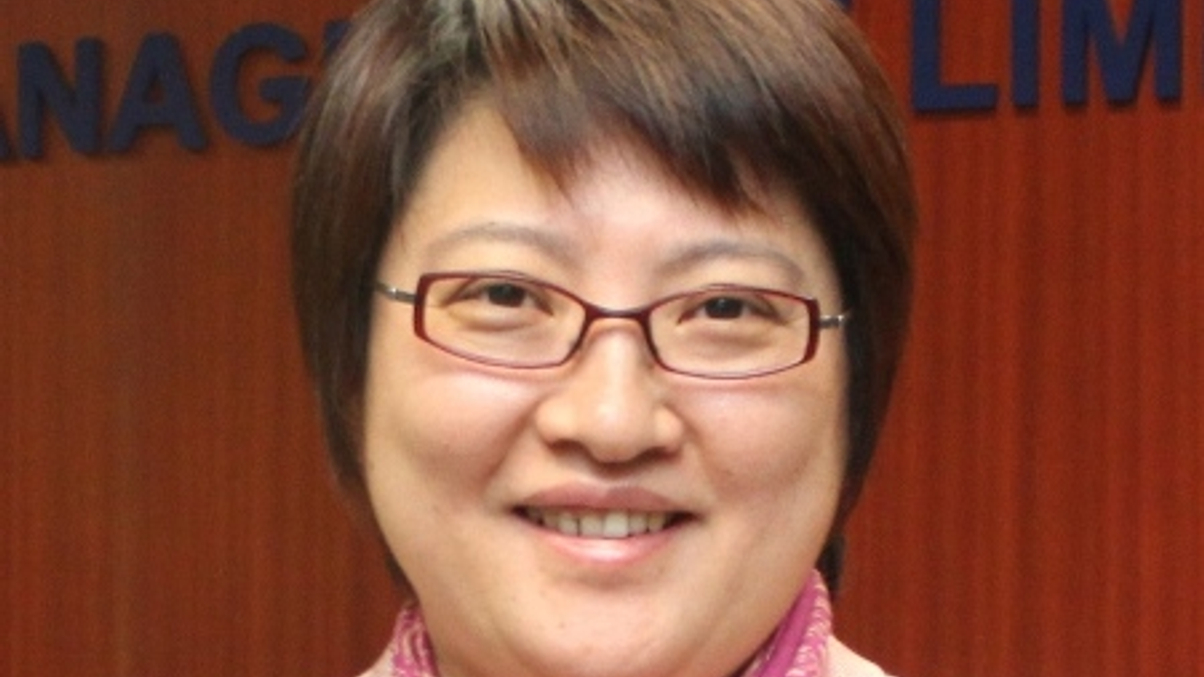We don’t want to slow RQFII rise, says HK group chief
Chair of the Chinese Asset Management Association, Ding Chen, denies it is lobbying against RQFII’s extension to Singapore and London, but one member reveals reservations.

The chairwoman of newly formed Hong Kong group the Chinese Asset Management Association has denied it is lobbying mainland authorities to slow international expansion of the renminbi qualified foreign institutional investor (RQFII) scheme.
Sign in to read on!
Registered users get 2 free articles in 30 days.
Subscribers have full unlimited access to AsianInvestor
Not signed up? New users get 2 free articles per month, plus a 7-day unlimited free trial.
¬ Haymarket Media Limited. All rights reserved.


